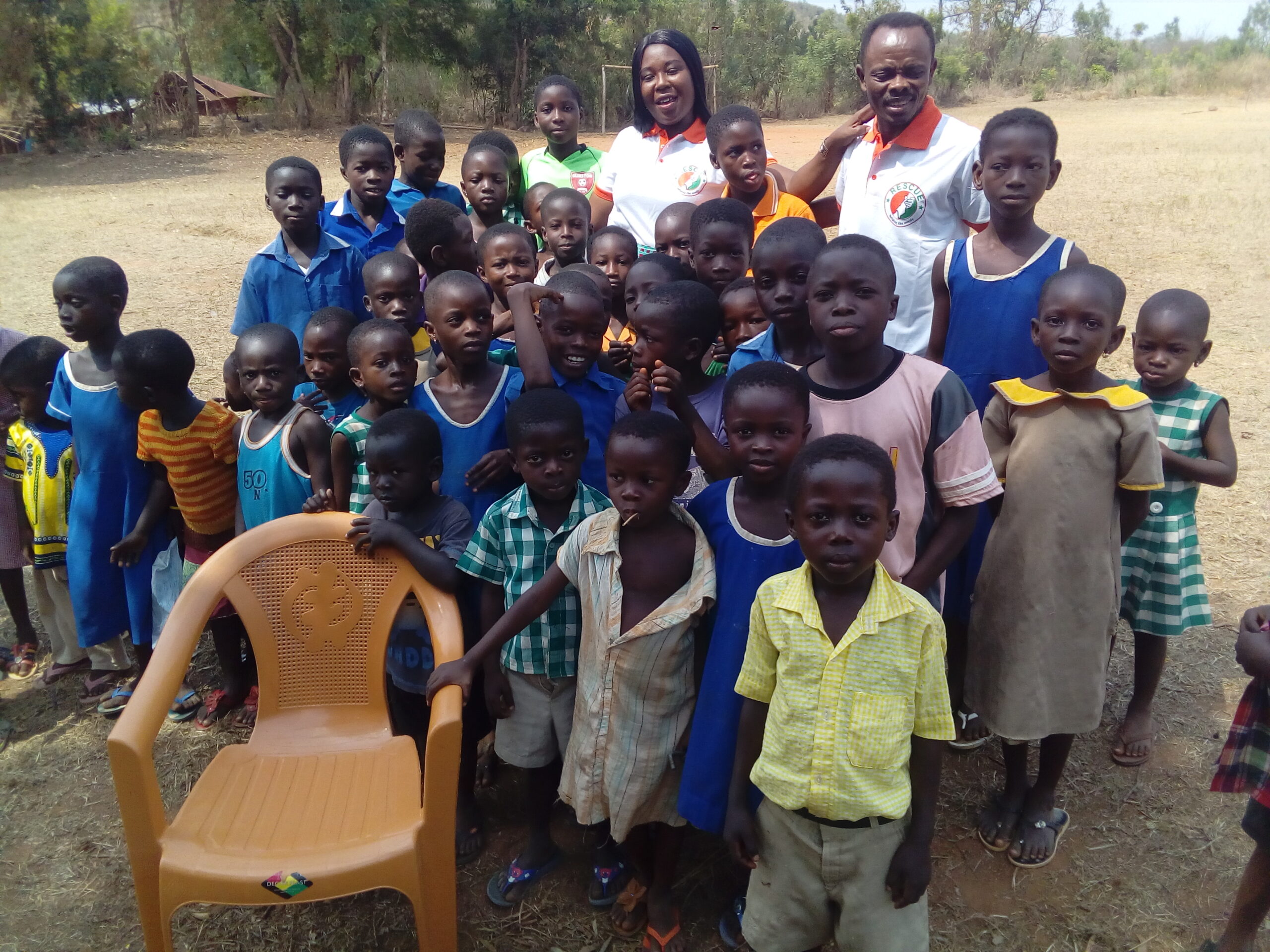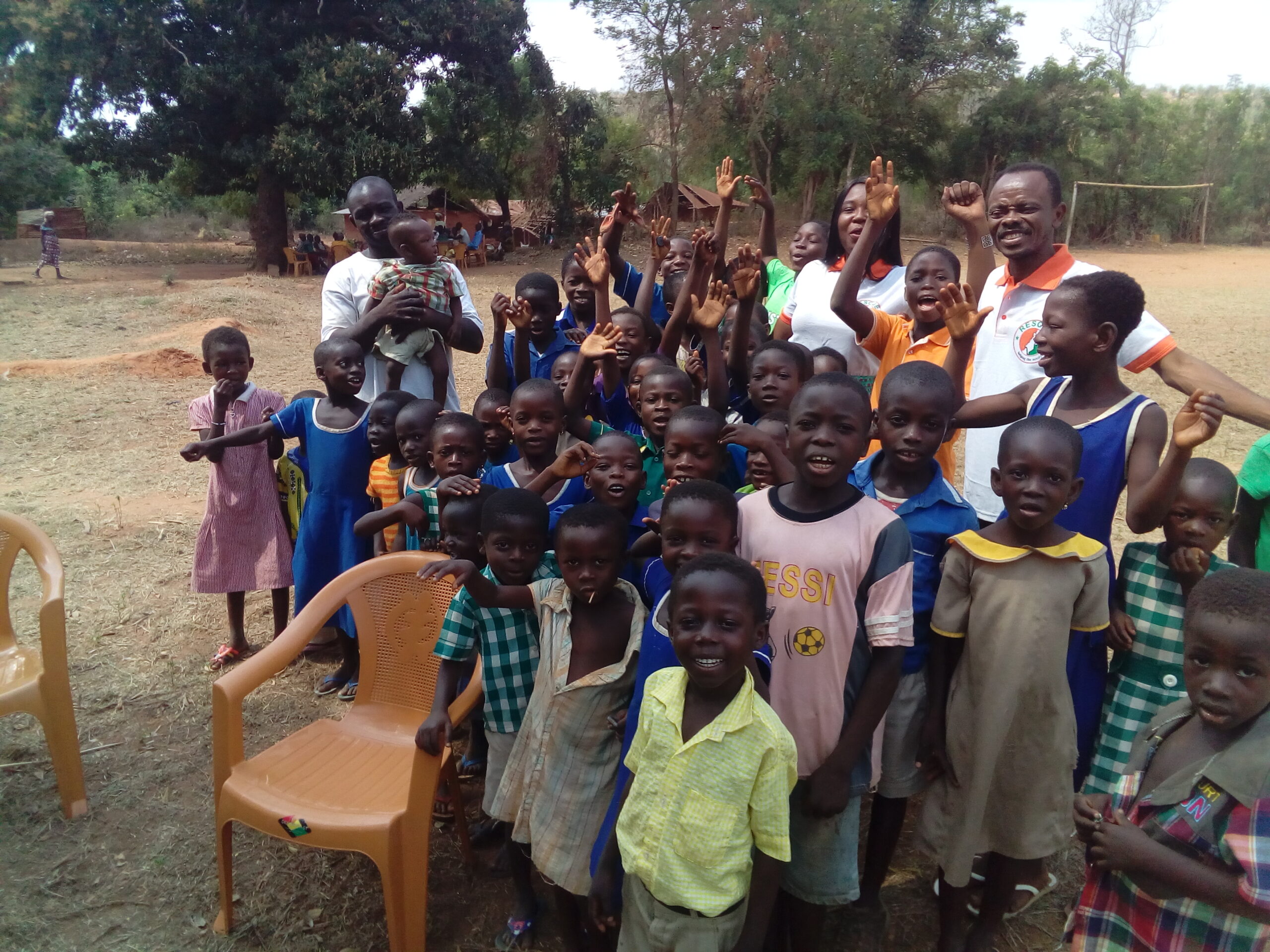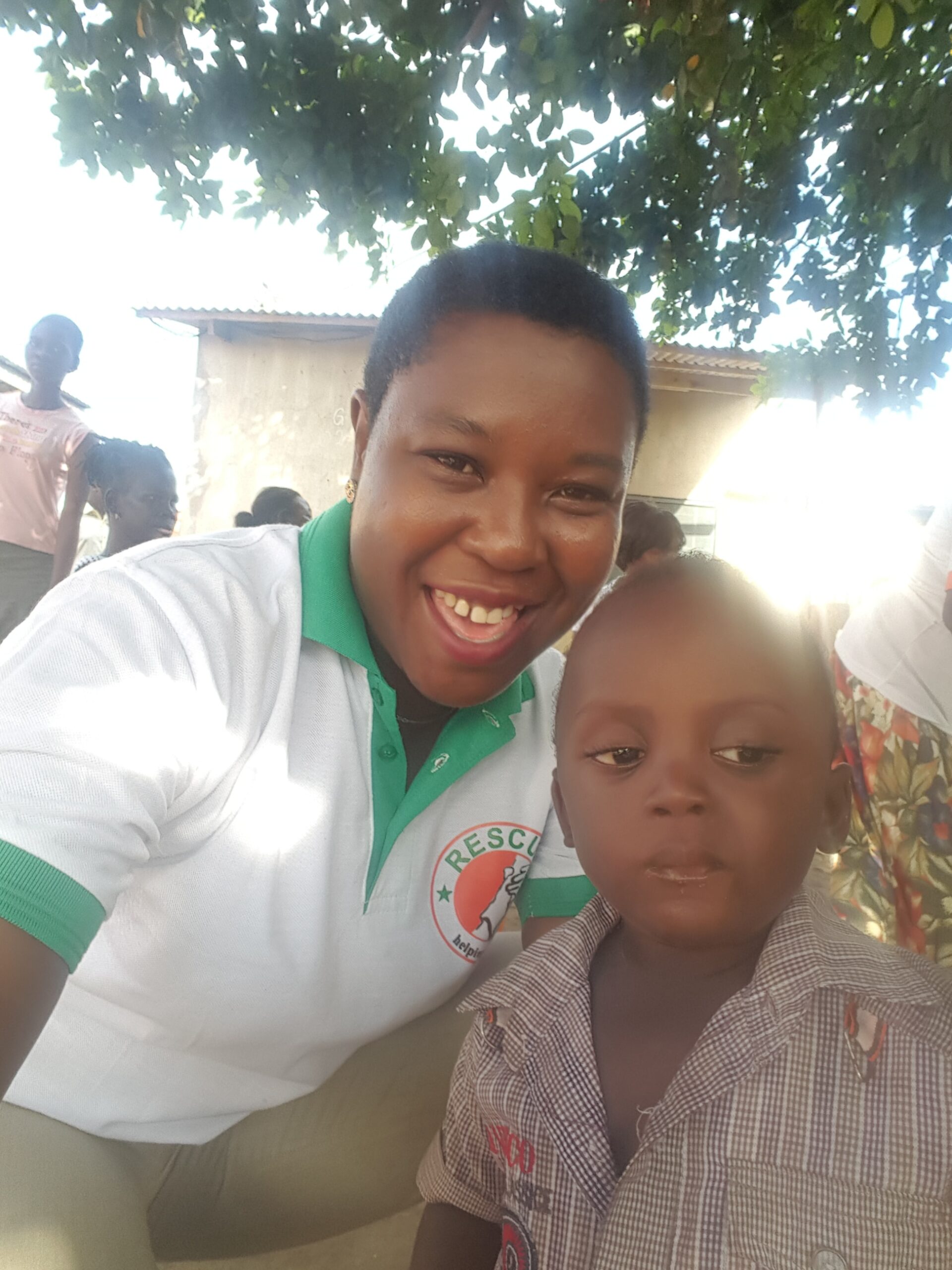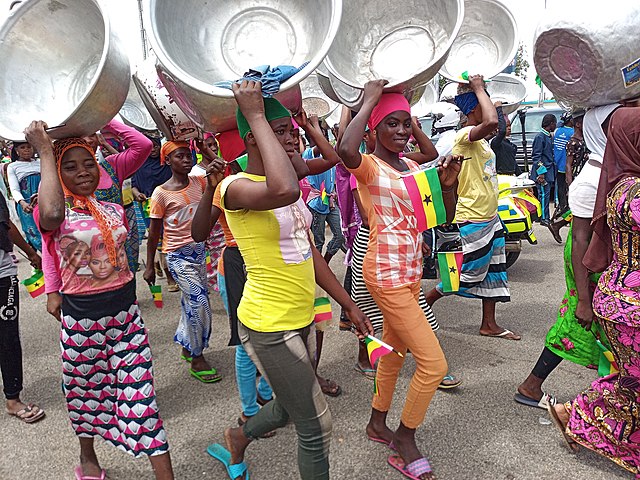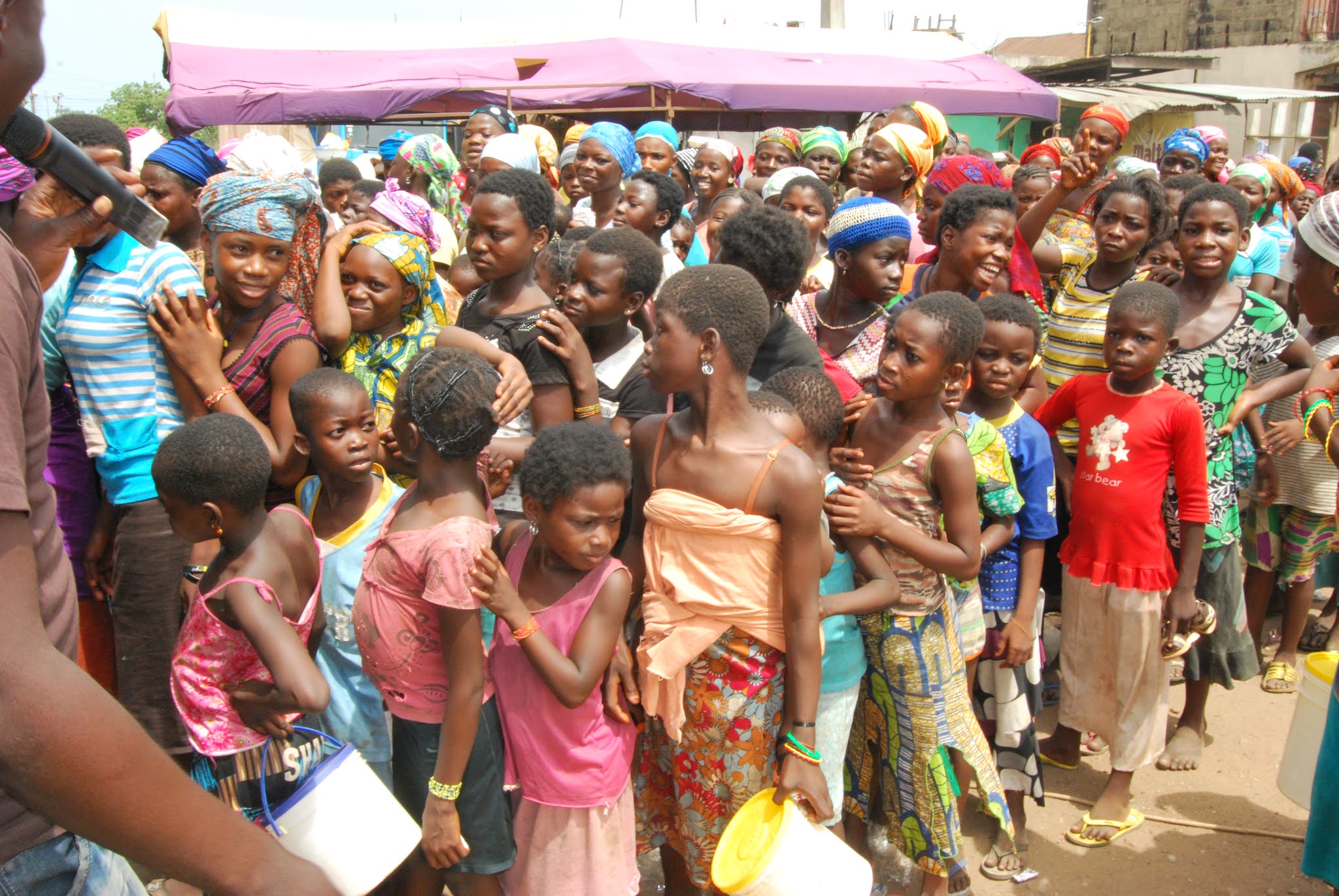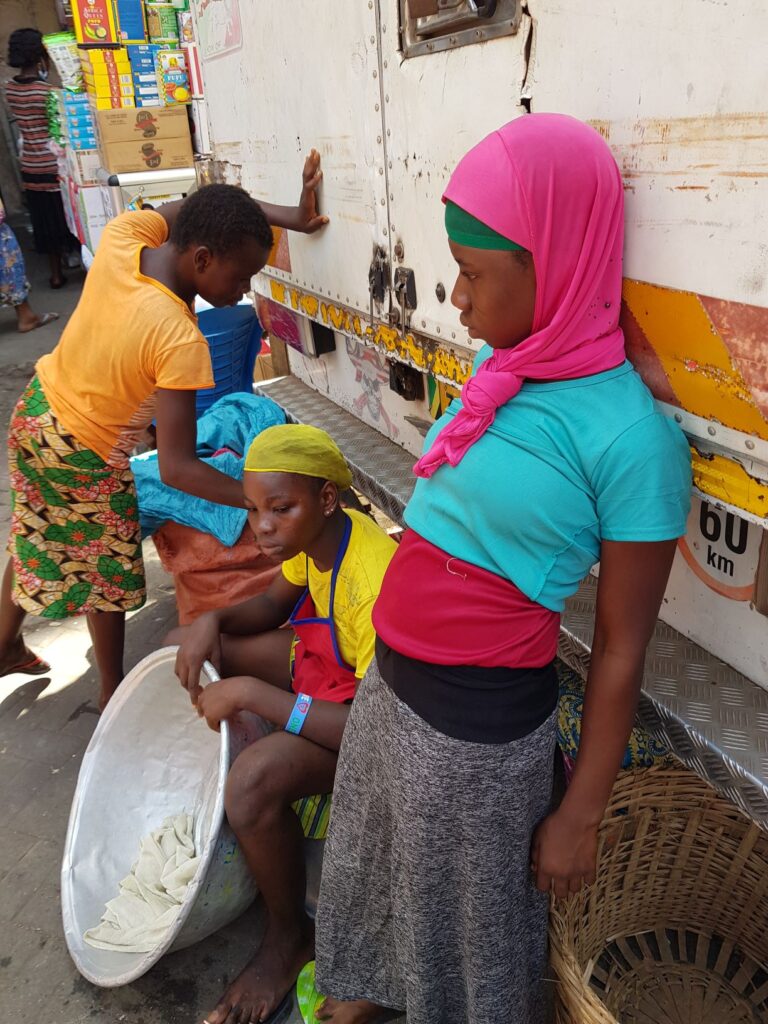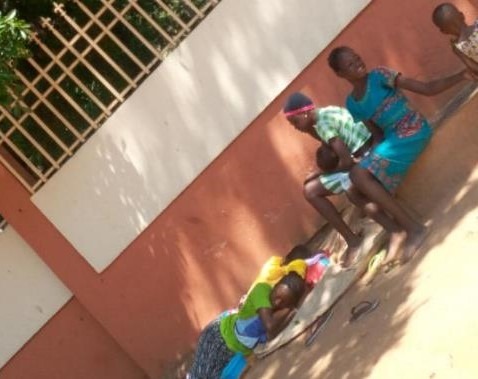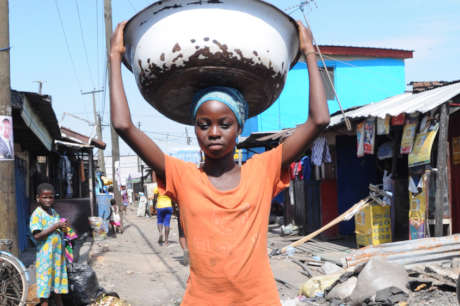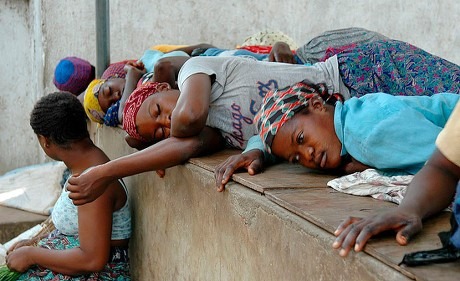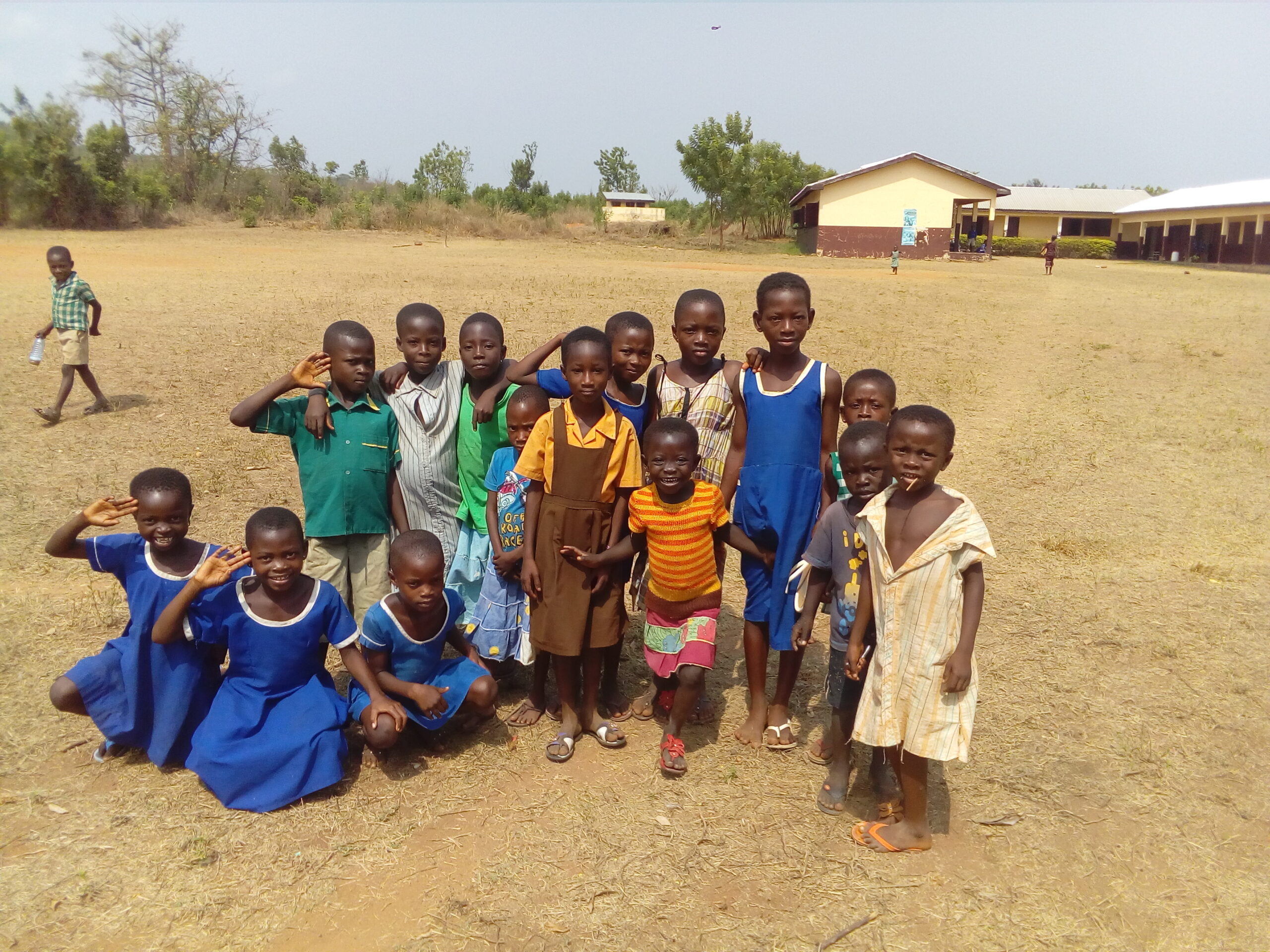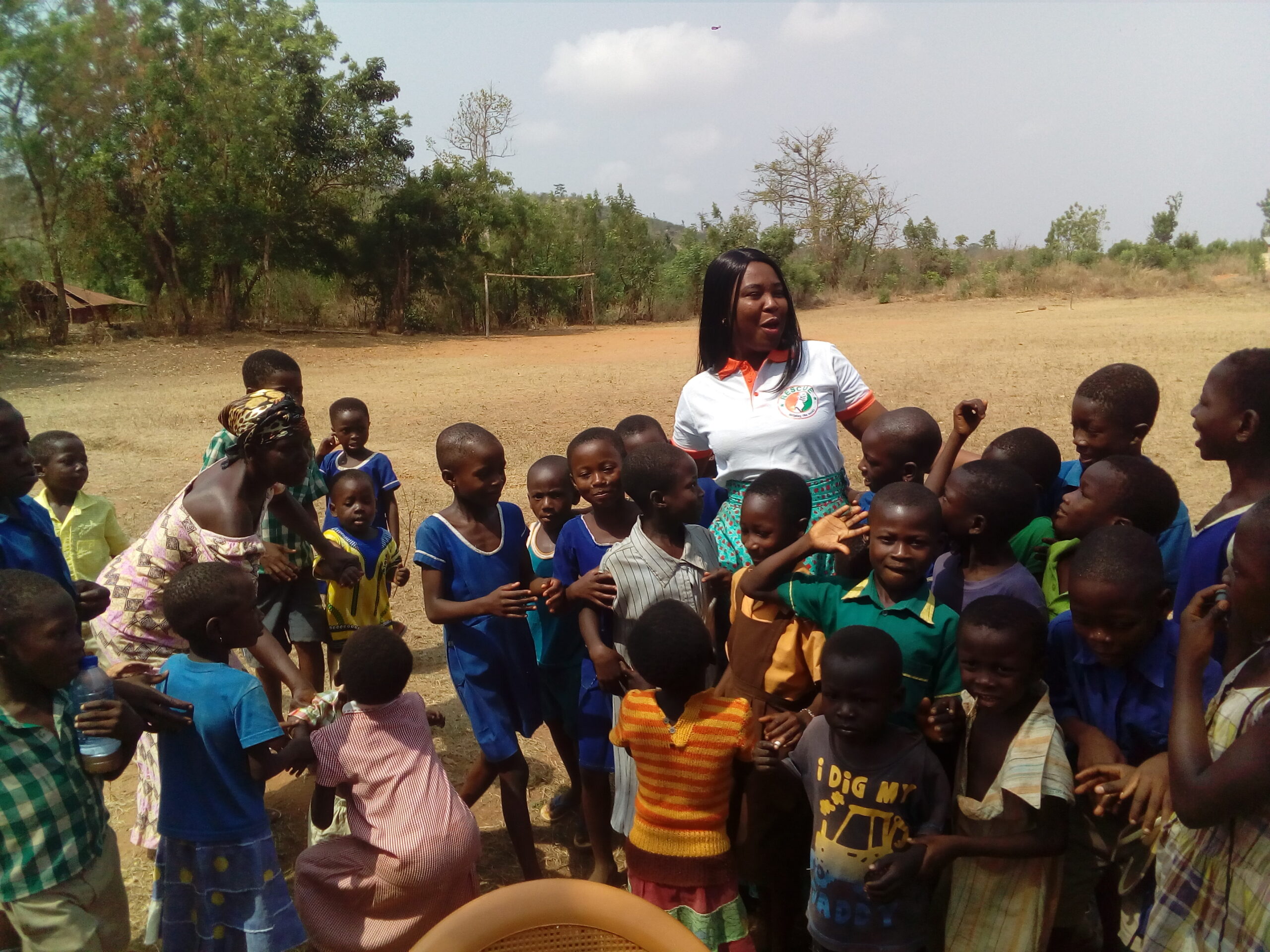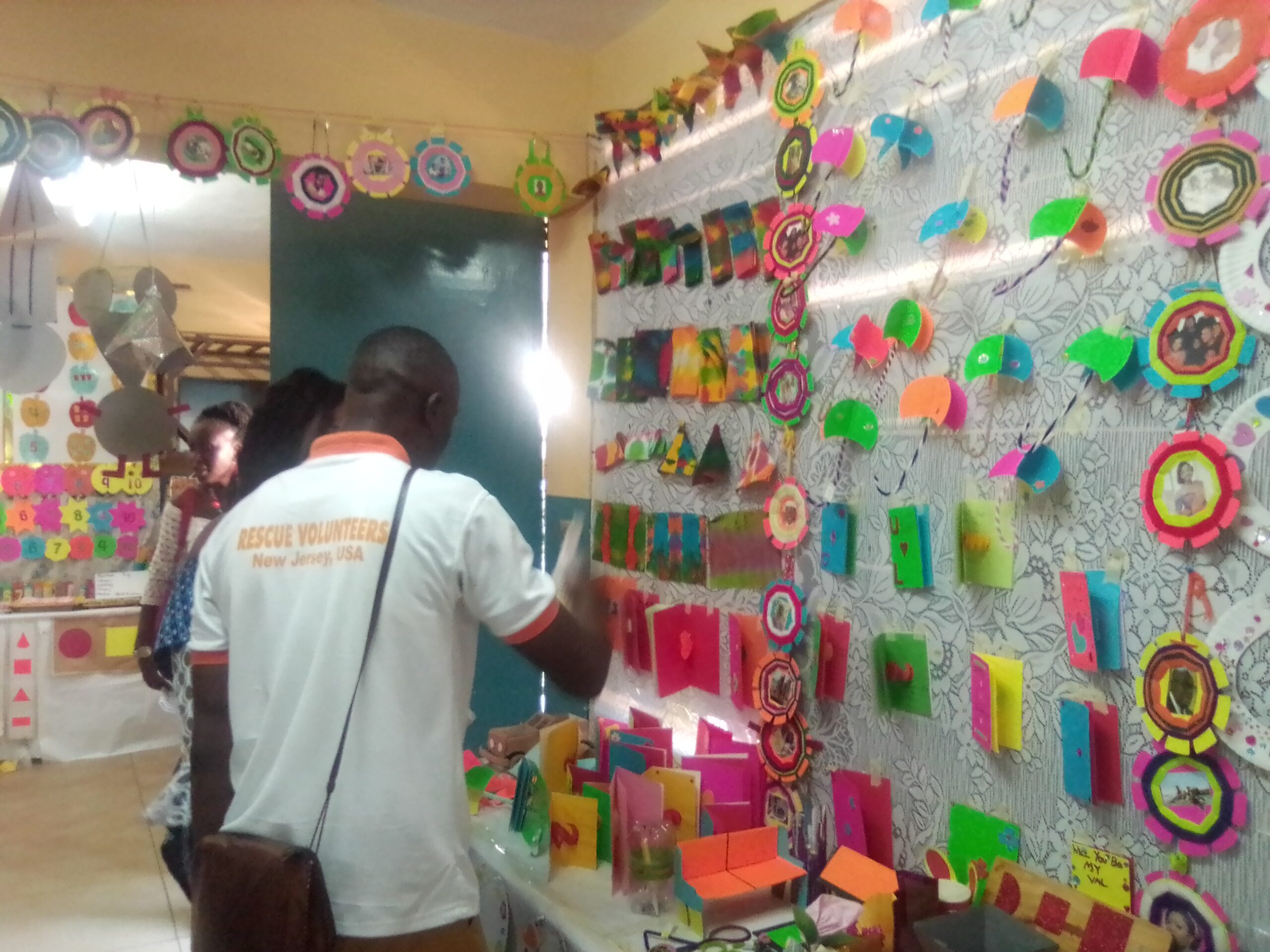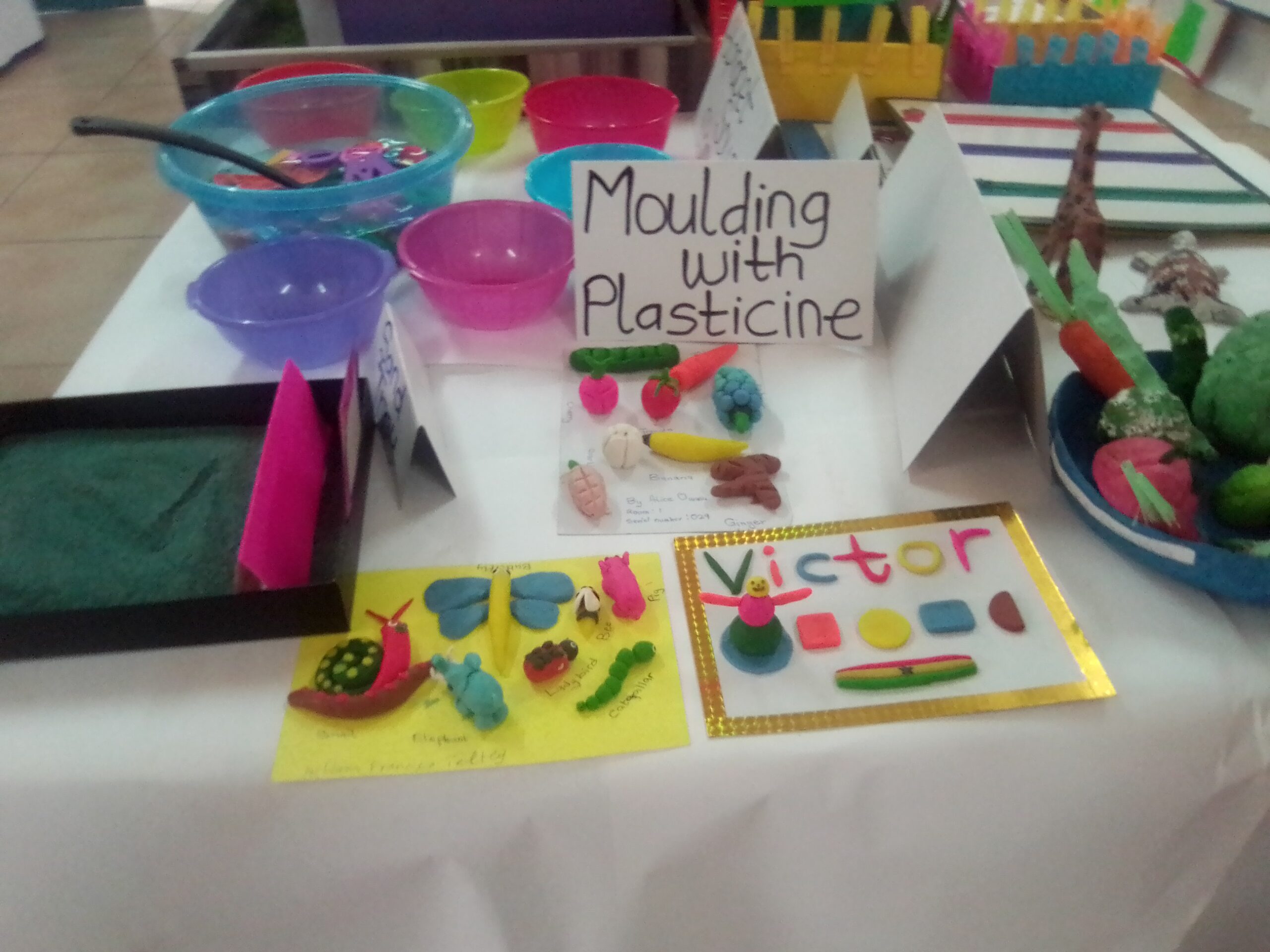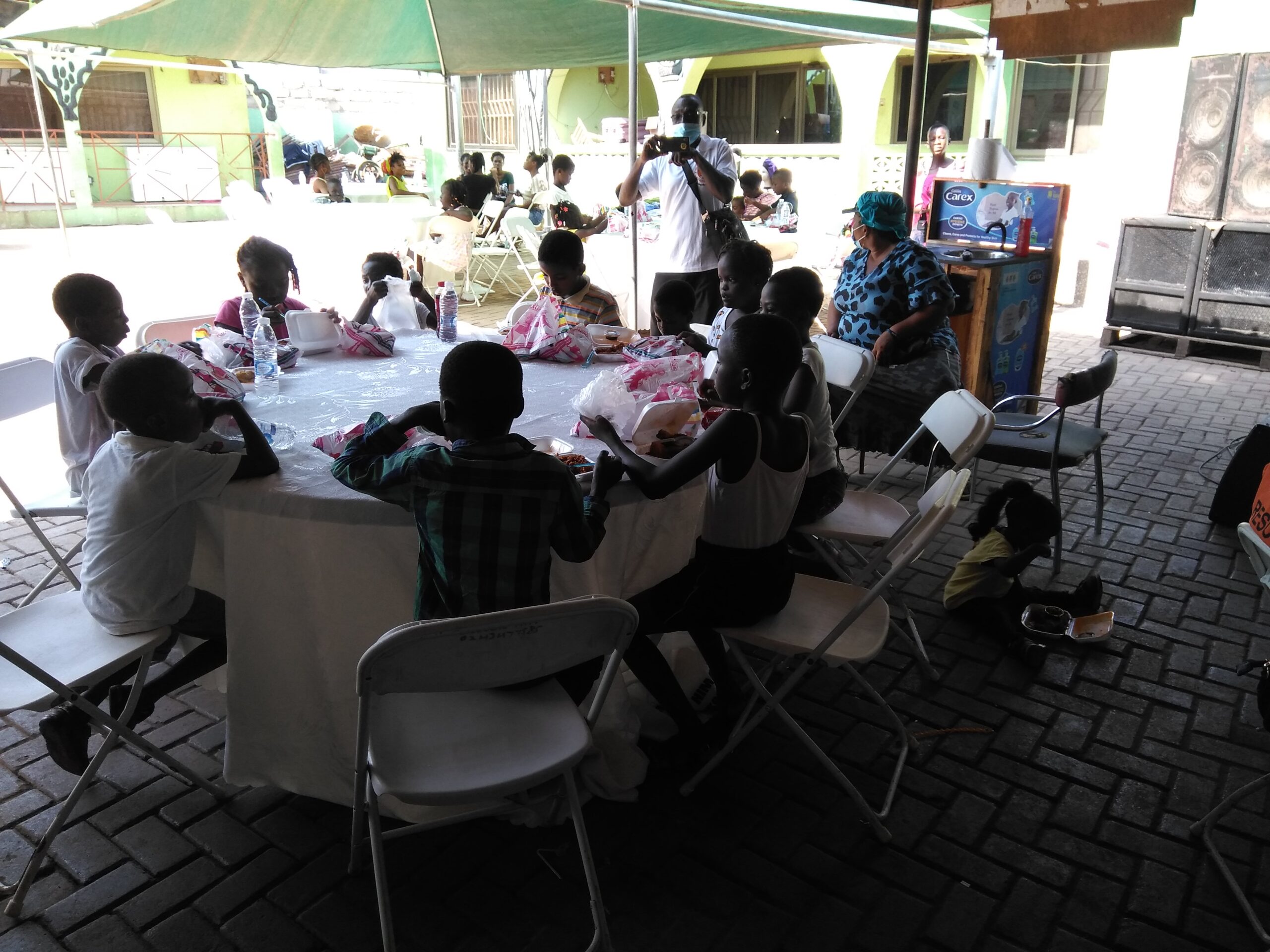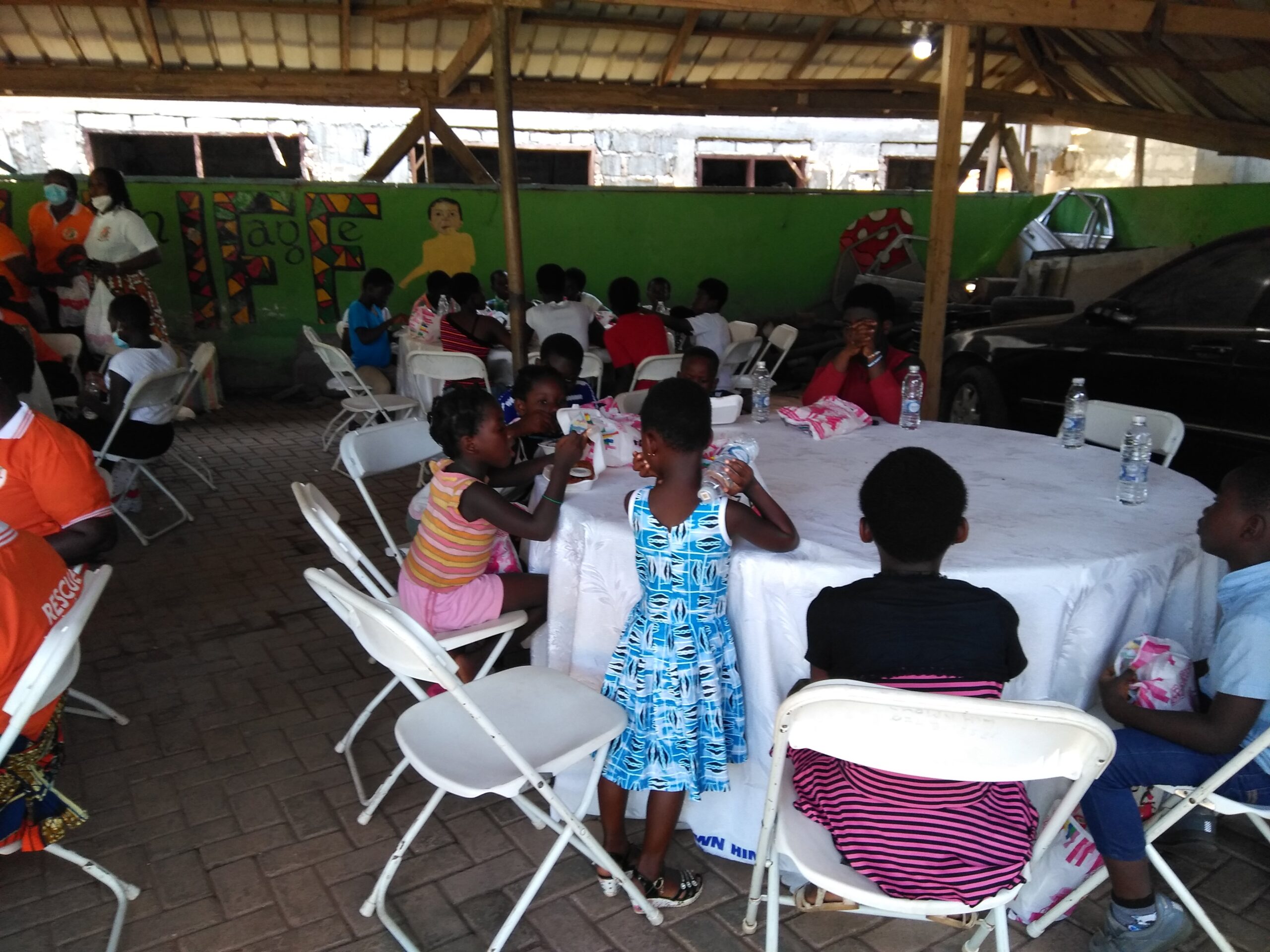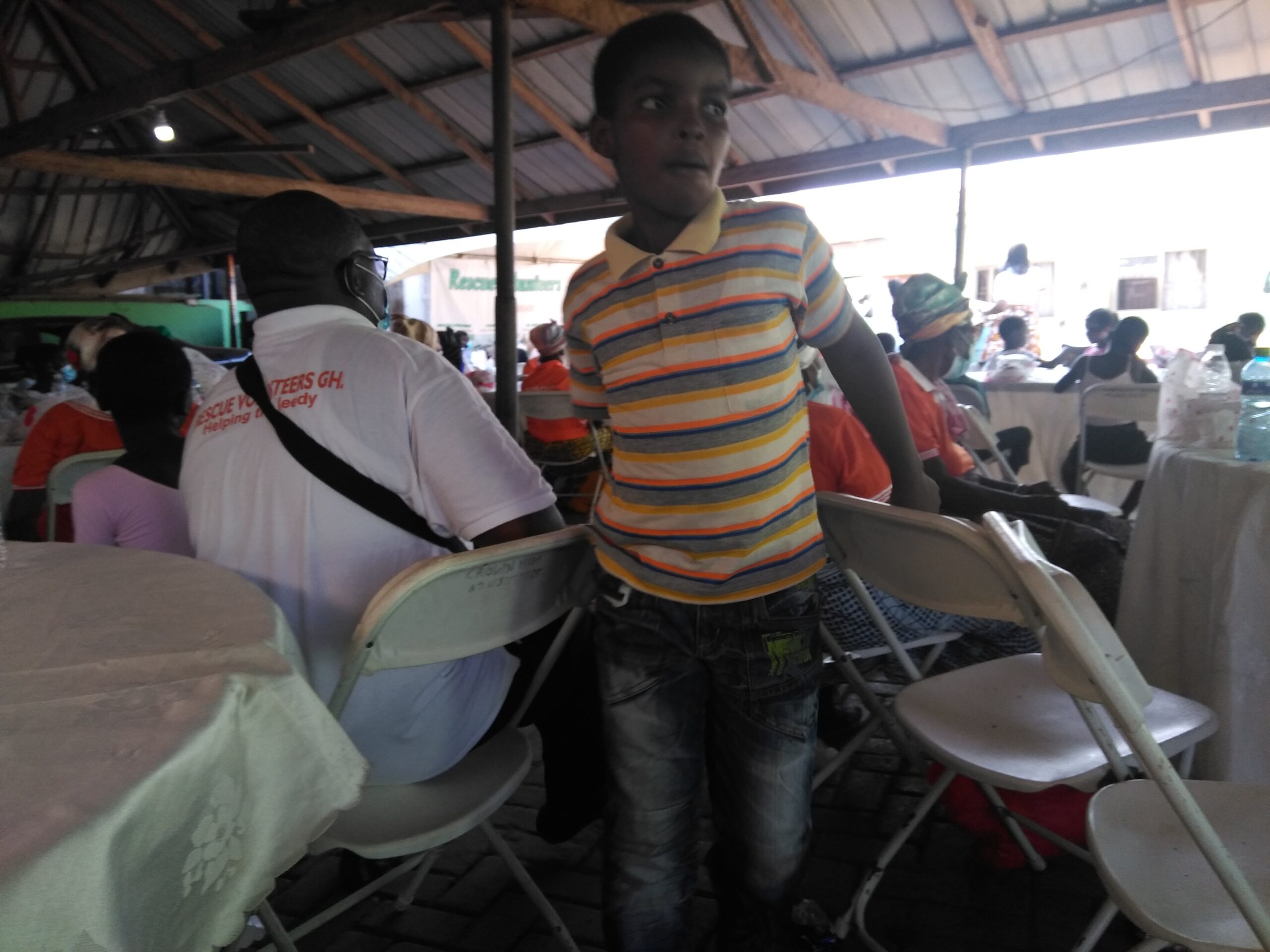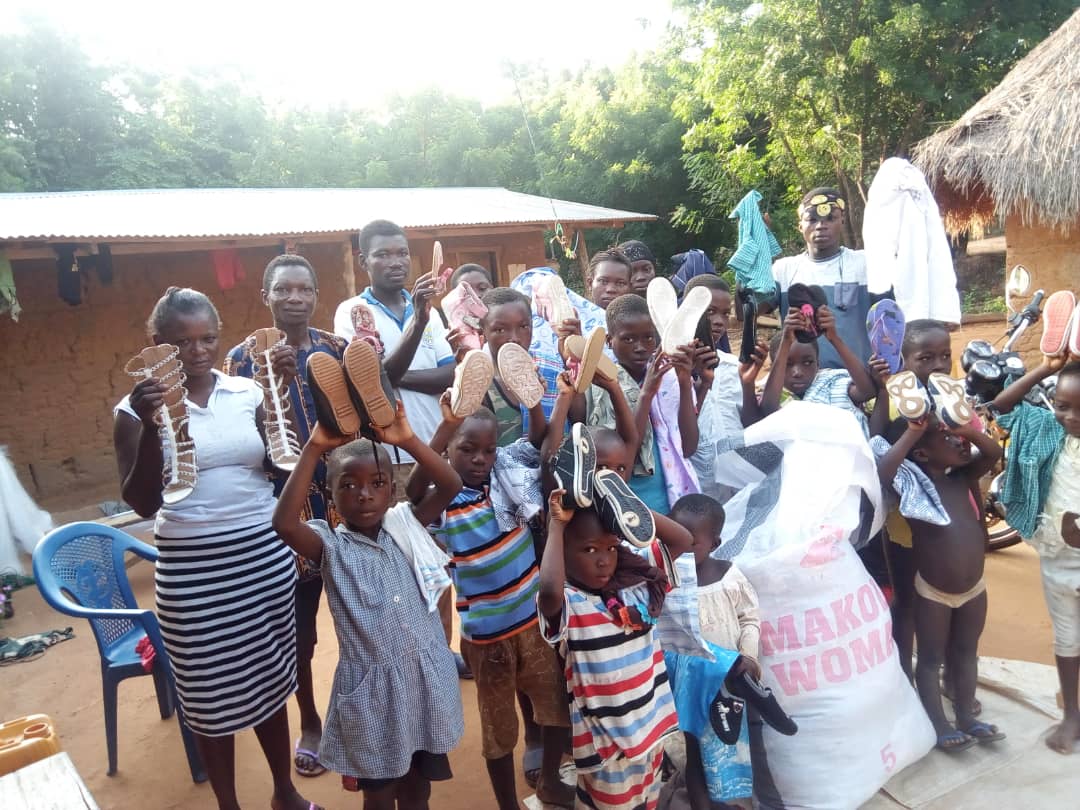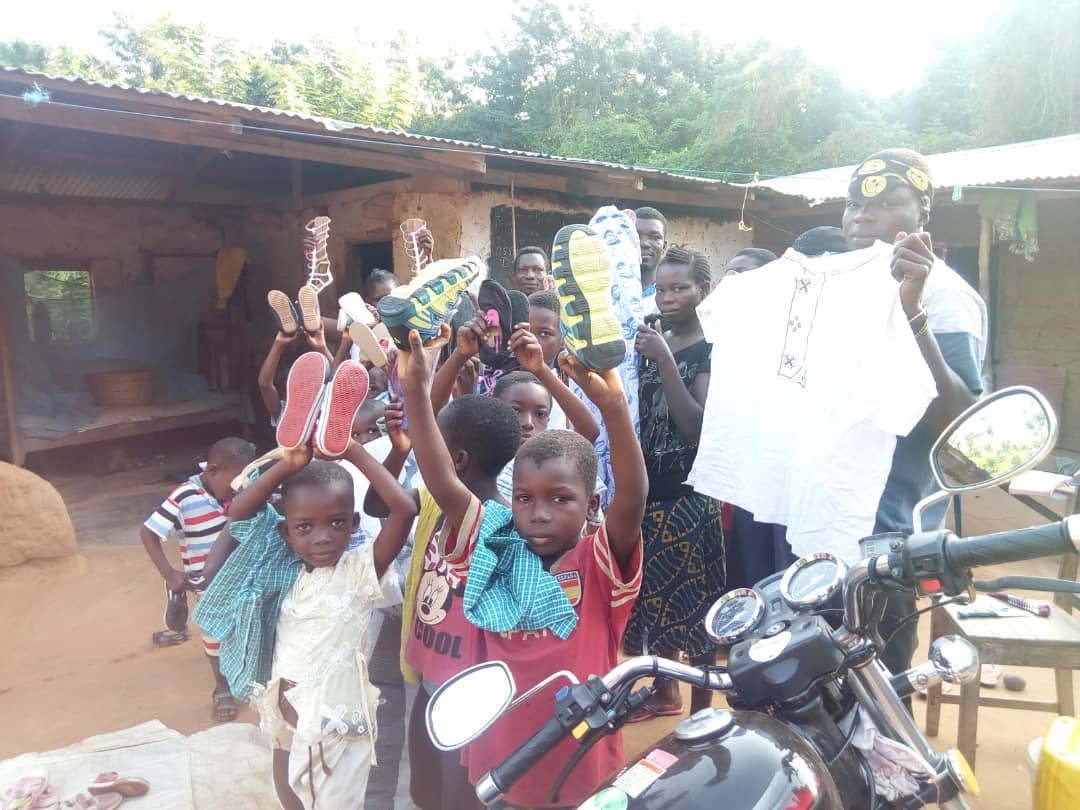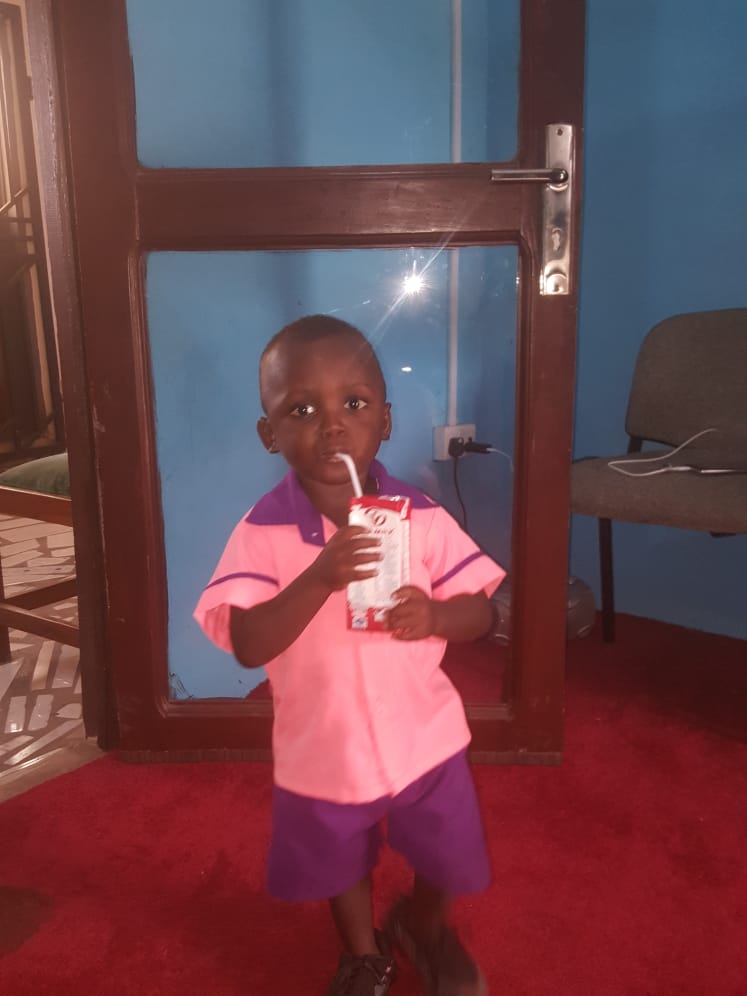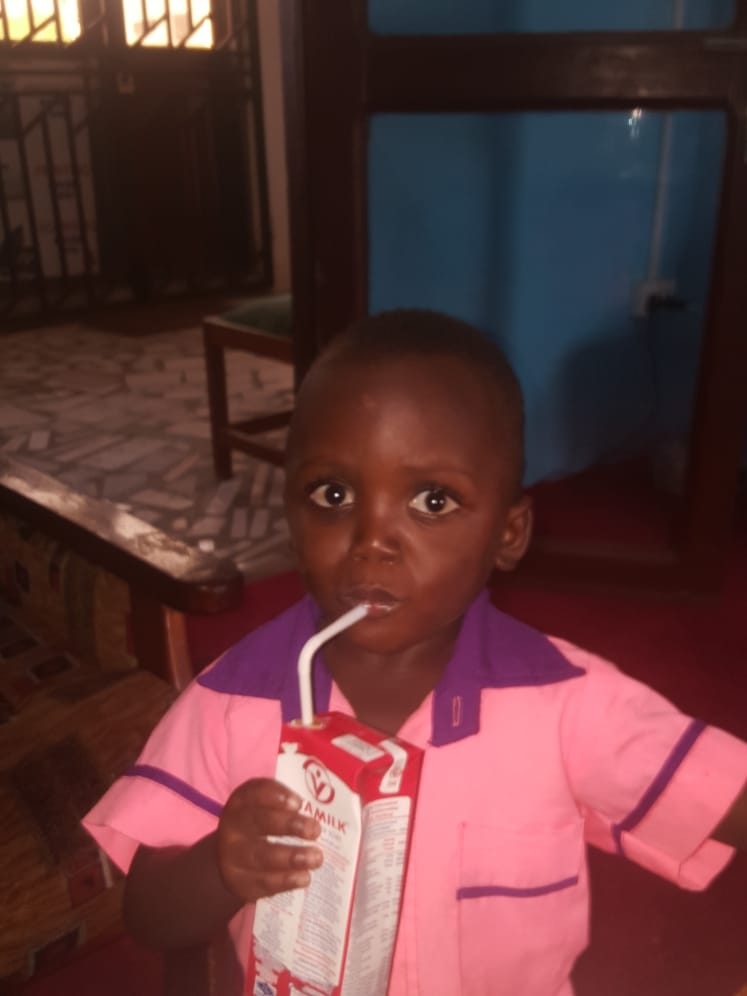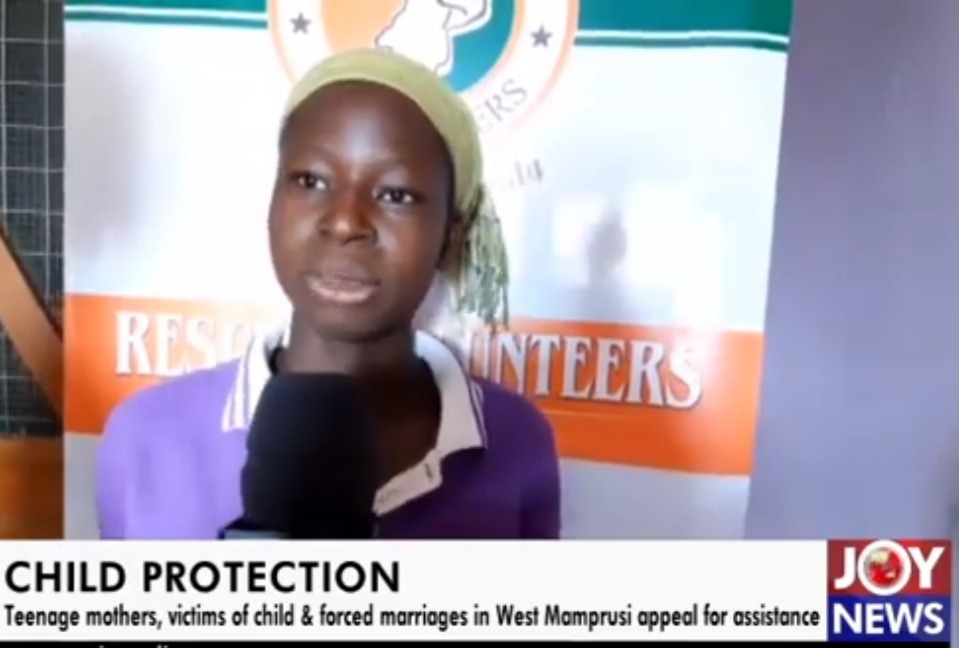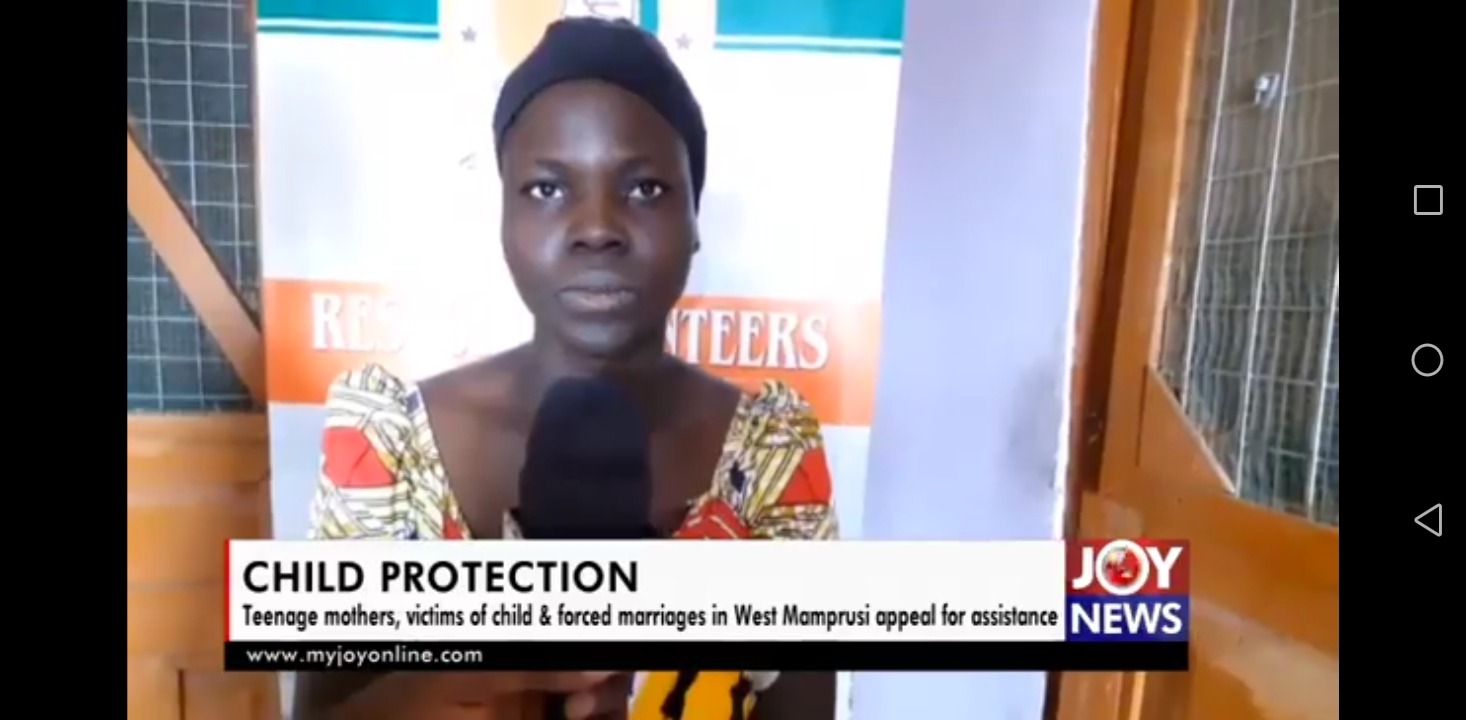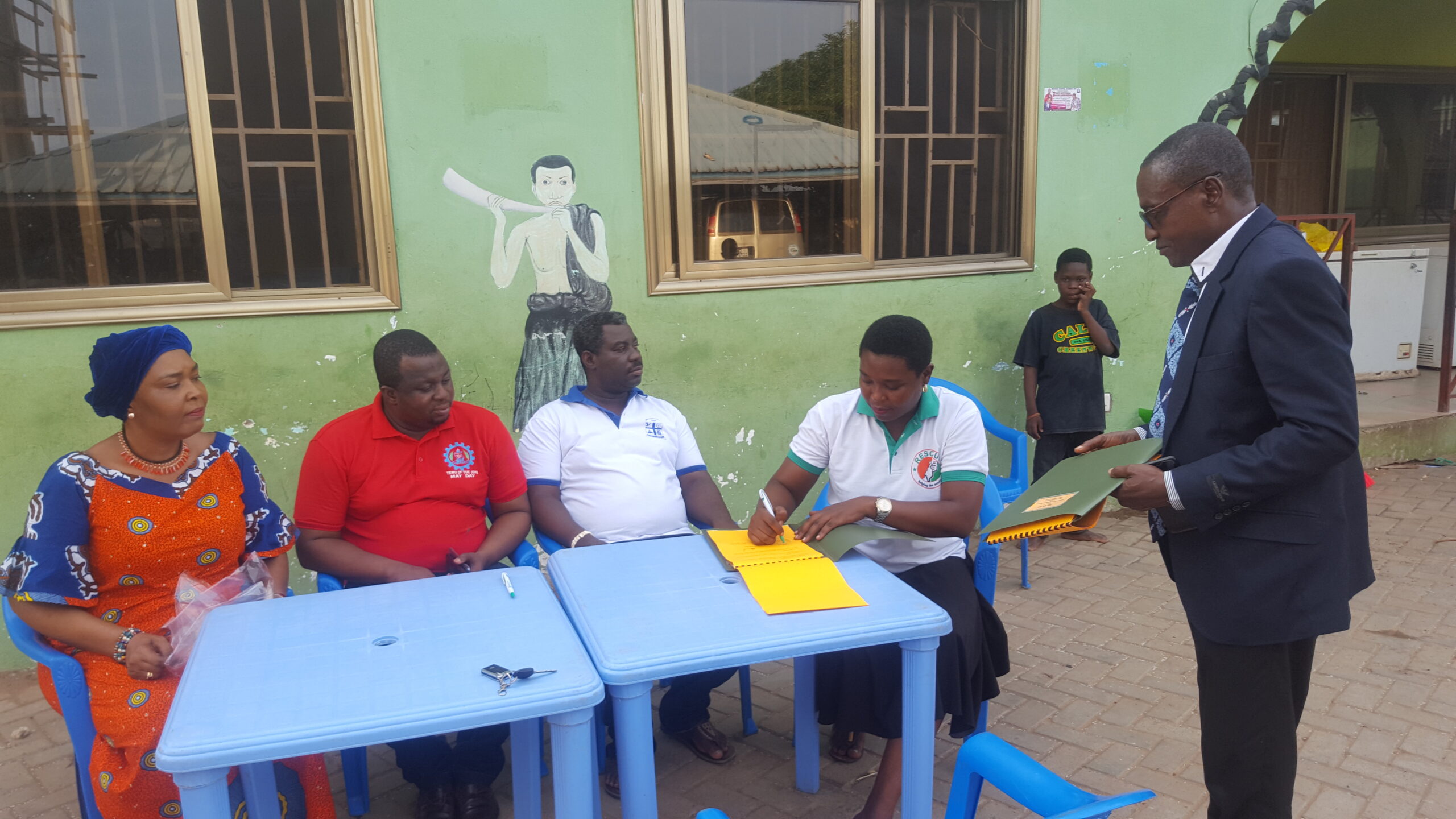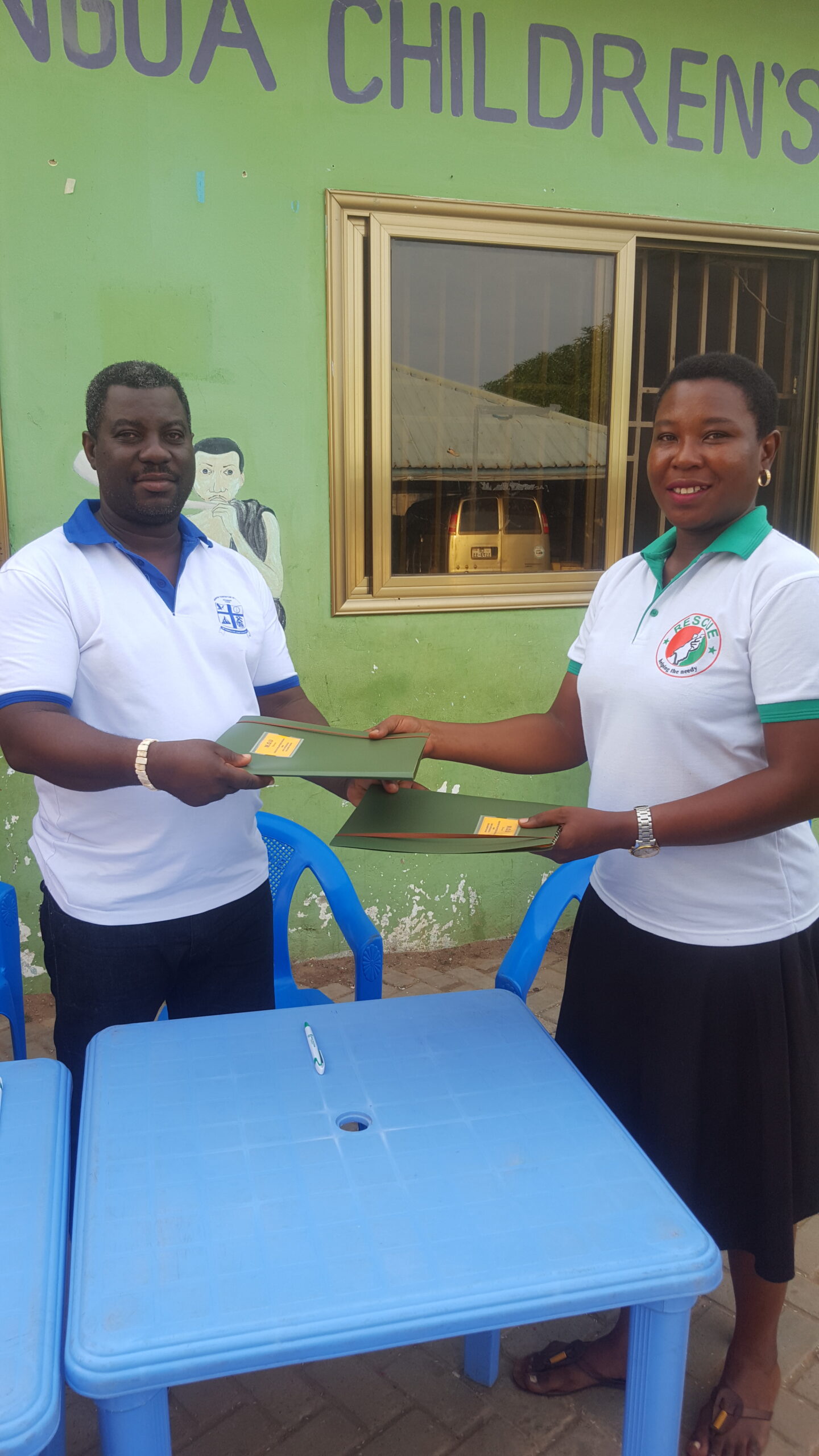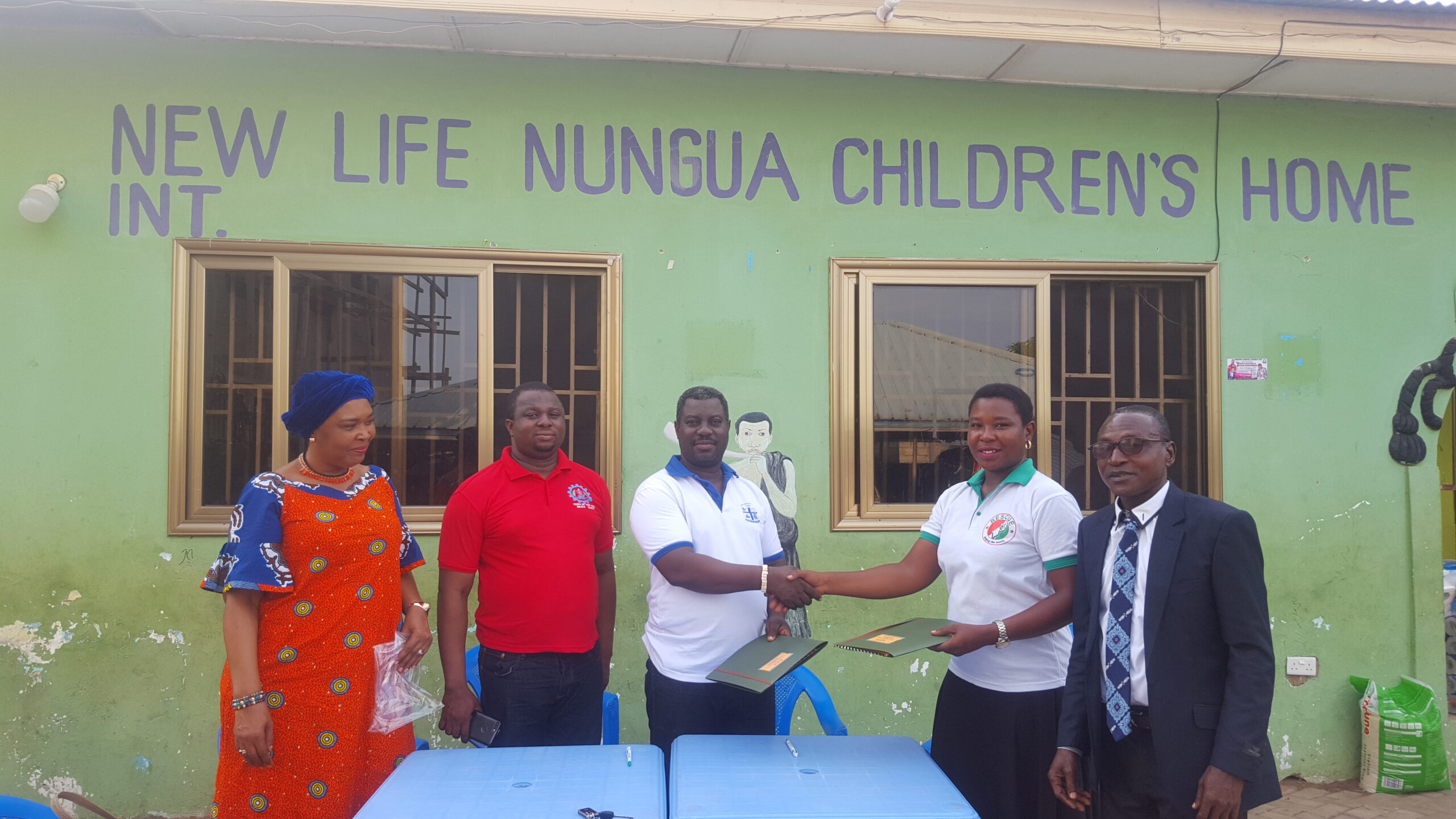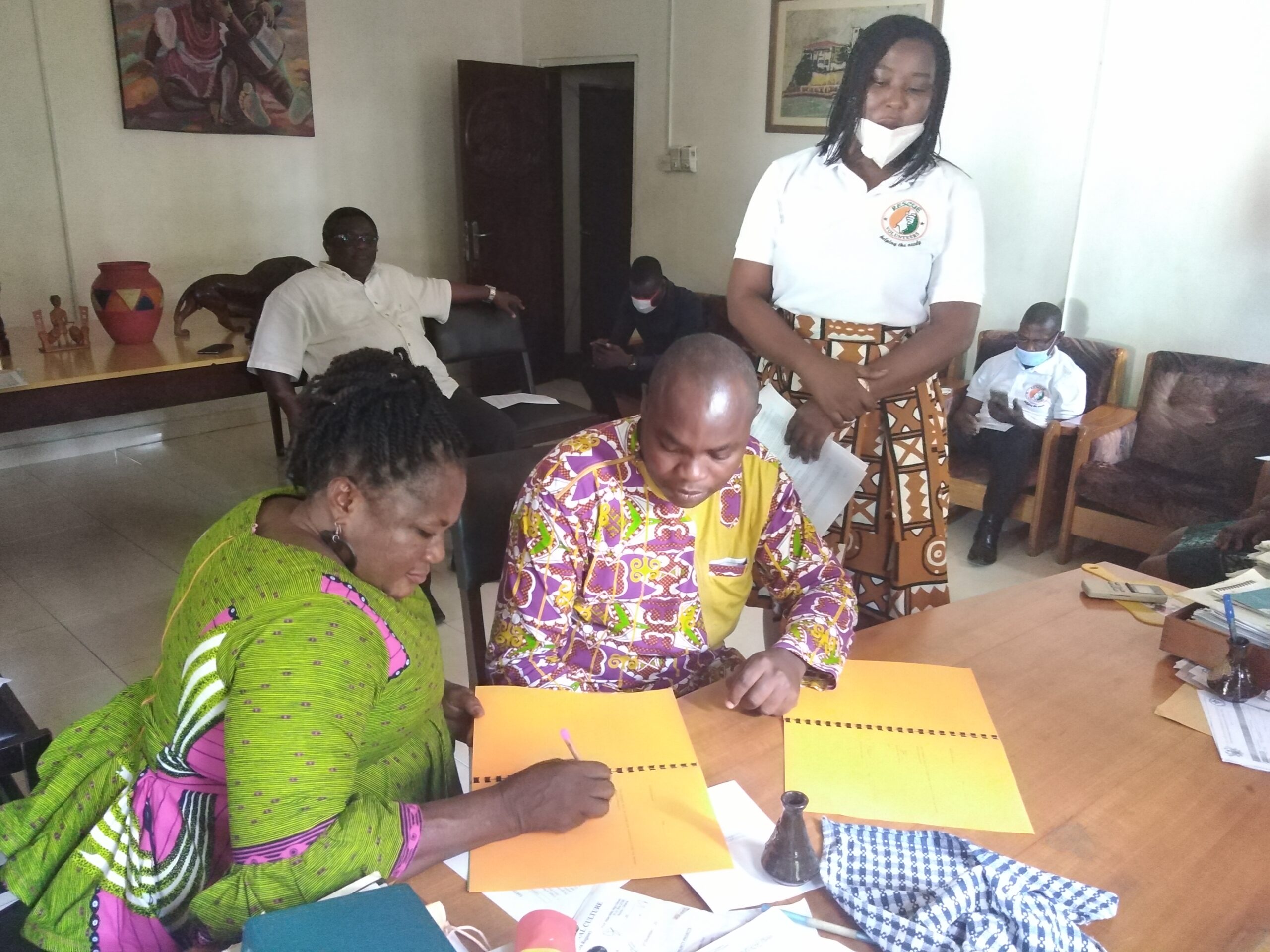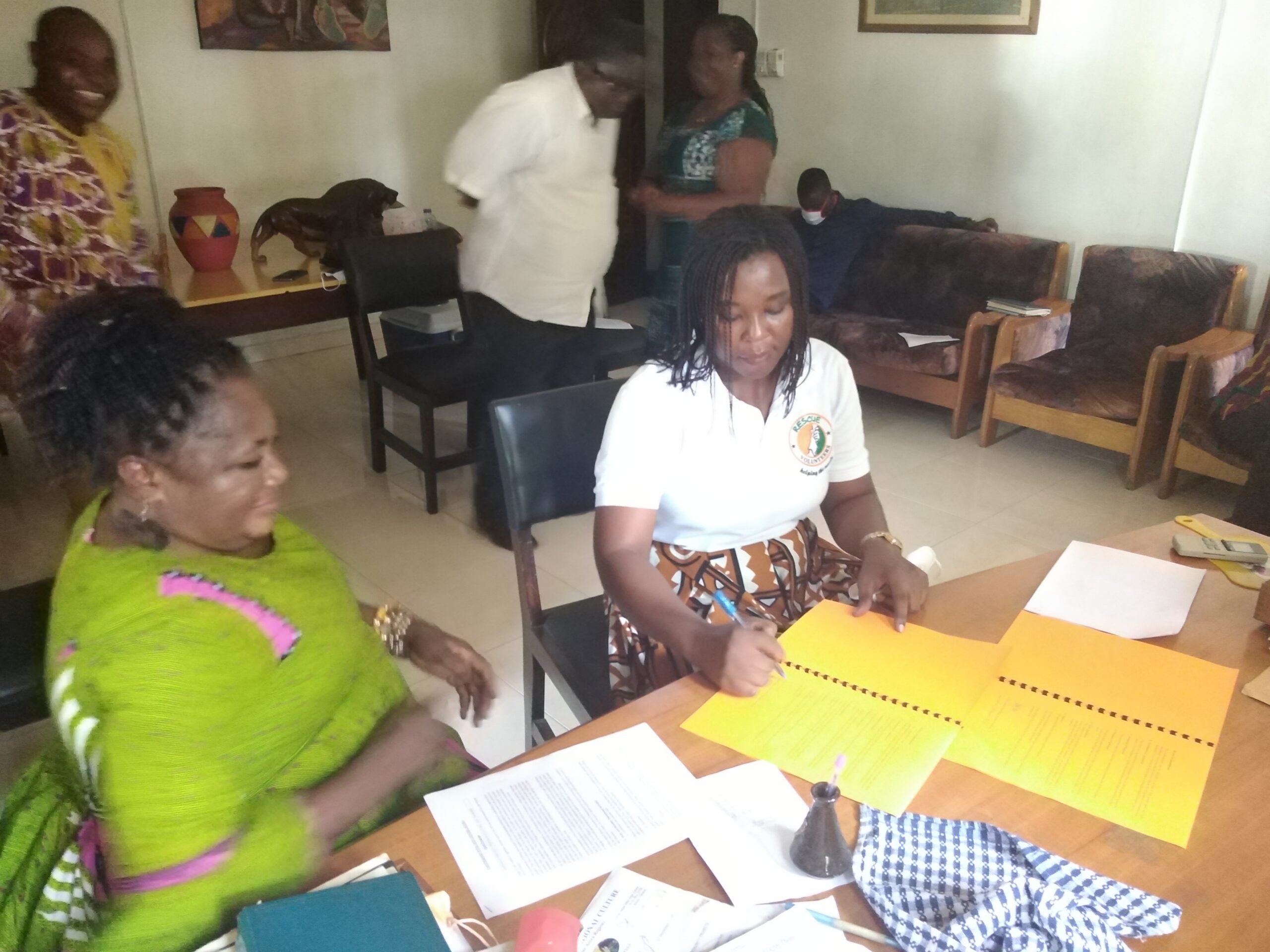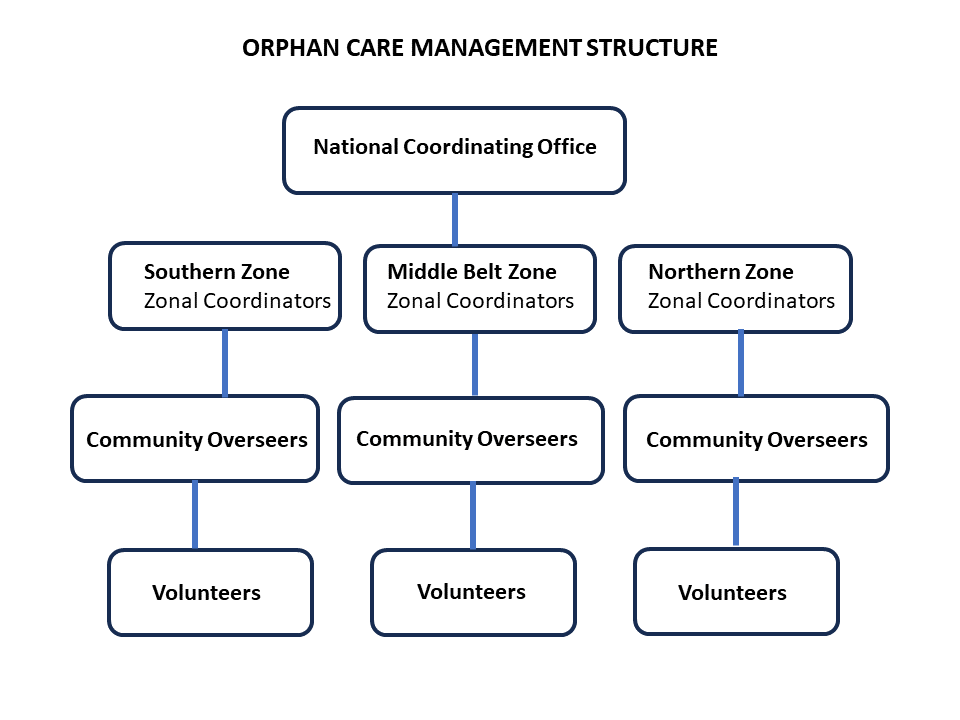Rescue is in collaboration with other NGOs in the Northern zone of Ghana to run programs at schools and communities that the practice is rampant. Some of the programs explained at the launch are targeting victims of child marriage for necessary support to manage the various situations they have been put in by the early marriage. The activities were announced to differ from community to the other since victims in different communities face diverse challenges and have different cultural practices that play vital role in the solution of the problem.
1. National coordinating office
a. Location – Accra
b. Duties –
- To oversee work of the zonal coordinators
- To meet with orphanages and negotiate agreement terms
- To report to partners on sponsored activities
- To lead in advocacy programs at strategic level that may affect national policies.
- To solicit for funds to support the orphanage program.
c. Set-up – Rescue Head office
2. Zonal coordinating directors
a. Location – Northen, southern and middle belt
b. Duties –
- To instruct and supervise activities of community overseers
- To ensure that programs and projects for the zones are implemented according to plan
c. Set-up – private residence and offices
3. Community Overseers
a. Location – Odumase Krobo, Koforidua, Accra, Ellembelle, Damongo, Tamale, Duu, and Nalerigu.
b. Duties –
- To direct and supervise volunteers in undertaking various activities in the communities
- To ensure that programs and projects are carried out efficiently
- To ensure program sustainability by ensuring that systems run effectively
- Monitor activities at short intervals and report on progress
c. Set-up – abandoned community offices and schools, residence of coordinators
4. Volunteers (care takers, monitoring officers/liaison officers, advocates) school leavers, unemployed youth, rescue beneficiaries with care skills
a. Duties are assigned per skills and need
5. Foster families – families ready to take in the children and with Rescue assistance provide
- Food
- Shelter
- Clothing
- Education
- Health care
- Social upkeep
6. Orphanages – institutions set-up for orphans, duties based on agreement terms.

